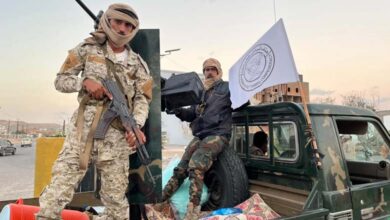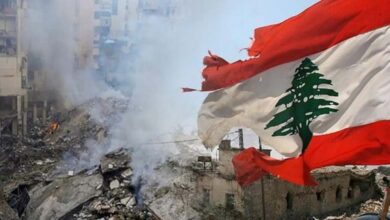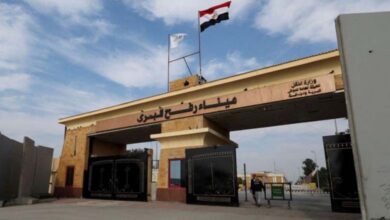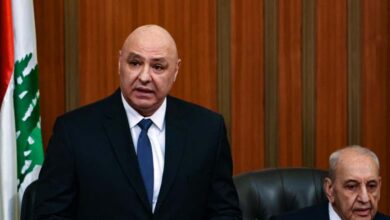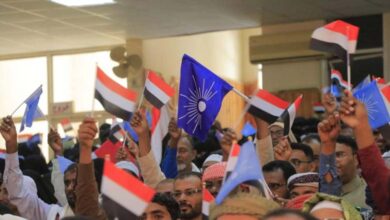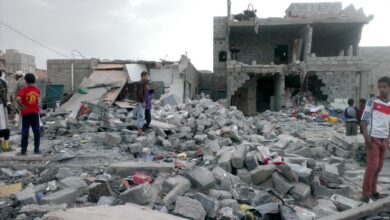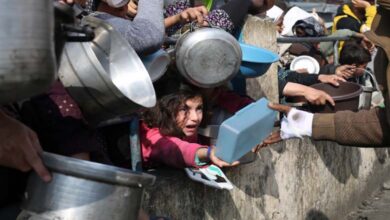Iraqi President Proposes Formation of Local Government in Kirkuk to Reduce Tensions
Abdul Latif Rashid calls for a government with the support of Kirkuk's components and the backing of the Kurdistan Regional Government.
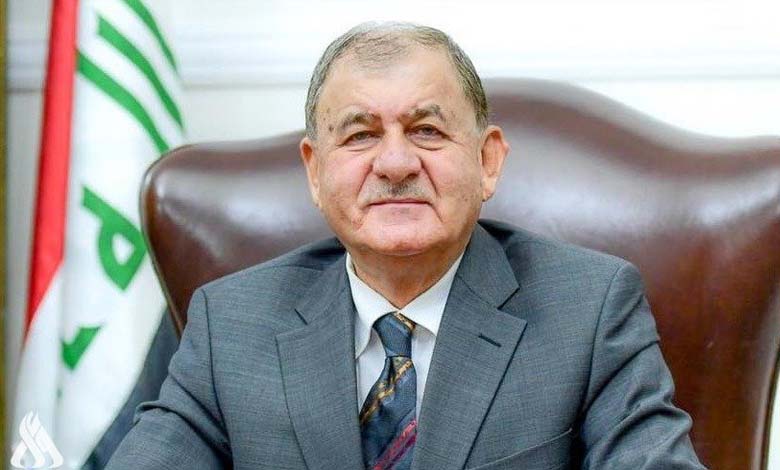
Iraqi President Abdul Latif Jamal Rashid has put forward an initiative to end the political crisis and security disturbances in the oil-rich province of Kirkuk by forming a local government through consensus among its components. The Kirkuk issue has become a source of concern for both the central government in Baghdad and the Kurdistan Regional Government of Iraq.
Last month, Kirkuk witnessed security disturbances following the withdrawal of the Iraqi government from the advanced headquarters of the Joint Operations Command in Kirkuk, handing it over to the Kurdistan Democratic Party led by Masoud Barzani to serve as its headquarters. The disturbances resulted in the deaths of four people and around 15 injuries among civilians. Streets in the city center saw gunfire and the burning of tires and vehicles, prompting the Iraqi government to impose a curfew. The Federal Supreme Court intervened to halt the decision to hand over the headquarters to the Kurdish party.
The Iraqi president, in an interview with Al-Hadath Iraq, responded to efforts to contain the crisis in the province, located in northern Iraq, saying that “consensus among Kirkuk’s components is necessary to form a local government that represents the people of Kirkuk. The support of the federal government and the Kurdistan Region is essential for this matter.”
Regional ambitions to dominate the province, especially by Turkey, which seeks to intervene through the Turkmen minority, have escalated.
At the conclusion of a meeting that included the three presidencies and leaders of the State Administration Coalition, the Iraqi government took a series of decisions to contain the crisis in Kirkuk. An executive committee was formed from the coalition to visit the province, hold meetings with its official and social figures, and find solutions to current problems, including the issue of the headquarters of the Kurdistan Democratic Party and administrative adjustments that preserve the balance among all the province’s components.
The Iraqi president denied a deterioration in relations with the Kurdistan Regional Government, but he pointed out differences regarding the issue of oil and gas, saying, “The relationship between the federal government and the Kurdistan Region is good, and the existing problems result from the lack of a detailed law on oil and gas.” He also noted that “its enactment is capable of resolving all problems.”
The management of oil wealth is considered one of the outstanding issues between the two parties. The Iraqi parliament is currently examining the Oil and Gas Law during the current session, in an effort to resolve the constitutional dispute between Baghdad and the Kurdistan Regional Government.
The Oil and Gas Law in Iraq, pending legislation since 2005, stipulates that the management of all oil fields in the country must be the responsibility of a national oil company overseen by a specialized federal council.
Disagreements between the two parties persist, especially in light of Baghdad’s efforts to increase production and boost its financial revenues in order to develop the oil infrastructure.
The Kurdistan Region, which has enjoyed autonomy over its oil since 2009, has its own law that was passed by the regional parliament in 2007. Baghdad considers it in violation of the federal constitution.
The capital of the region, Erbil, exports oil through a pipeline to the Fish Khabur area on the northern border of Iraq, from where it is pumped to the Jihan Turkish port on the Mediterranean coast.
On February 15, 2022, the Federal Supreme Court issued a ruling declaring the unconstitutionality of the oil and gas law specific to the regional government, and the decision also invalidated oil contracts concluded by the Kurdistan government with foreign oil companies and parties.
Oil sales in the Kurdistan Region through the pipeline to Turkey have seen significant increases in recent years, reaching a total value of approximately $12.3 billion in 2022.
The federal government resorted to arbitration proceedings with Turkey in 2014 before the International Chamber of Commerce in Paris, which issued its decision in favor of Baghdad in 2022.
The ruling led to the suspension of exports and required the Kurdistan government to negotiate with the government in Baghdad. The halt in oil flow resulted in losses of approximately $1 billion for the region, which used to export 475,000 barrels per day through the Jihan Turkish port.



